Charlie Jane Anders is the author of Victories Greater Than Death, the first book in the young-adult Unstoppable trilogy, along with the short story collection Even Greater Mistakes. Her other books include The City in the Middle of the Night and All the Birds in the Sky. Her fiction and journalism have appeared in The New York Times, The Washington Post, Slate, McSweeney’s, Mother Jones, the Boston Review, Tor.com, Tin House, Conjunctions, Wired Magazine, and other places. Her TED Talk, “Go Ahead, Dream About the Future” got 700,000 views in its first week. With Annalee Newitz, she co-hosts the podcast Our Opinions Are Correct.
I had the opportunity to interview Charlie, which you can read below.
First of all, welcome to Geeks OUT! Could you tell us a little about yourself?
Sure! I’m a trans woman in San Francisco who writes science fiction and fantasy. I also organize local events, including a ton of spoken word events, but also the monthly Trans Nerd Meet Up here in SF. I love karaoke and queer performance art, and I have been known to do some pretty outrageous performances myself. I won a Lambda Literary Award for transgender/genderqueer writing, and helped to organize a national tour of trans authors called the Cross Gender Caravan. Lately, I’ve helped to create a trans superhero for Marvel Comics named Escapade, who’s appearing in a miniseries called New Mutants: Lethal Legion that I’m writing — it debuted in March 2023.
What can you tell us about your latest books, the Unstoppable series?
The Unstoppable trilogy is an epic story about figuring out who you are and how far you’re willing to go to save the people you love. Tina Mains looks like a normal human girl, but she’s secretly a clone of an alien hero who died — they hid the clone on Earth, disguised as a human baby. And now it’s time to return to the stars and reclaim her heroic legacy. Tina is expecting to leave home and step back into her former self’s life, but it turns out things aren’t that simple, and being a hero is kind of a messy business. Luckily, Tina’s not figuring it out alone: a group of other Earth kids join her in space, and they help her realize that instead of trying to be the second coming of the heroic Captain Argentian, she should try being herself. And then in the sequel, things get a lot messier, and there’s a fascist takeover and we learn the truth about an ancient threat to all life in the galaxy, and Tina pays a heavy price to save her friends.
What was the inspiration for this series?
When I was a kid, all I wanted was for aliens to drop out of the sky and tell me that I didn’t belong here on Earth — that I was secretly an alien, and I belonged with them. As a visibly queer kid with a really severe learning disability, I didn’t feel like I fit in anywhere here, and I just wanted someone to take me away from this honestly disappointing planet. So when I started thinking about writing a young adult novel, I wanted to write a book for my younger self — about what would happen if aliens showed up and took you away on a huge, awesome adventure in space.
As a writer, what drew you to the art of storytelling, specifically speculative and young adult fiction?
I’ve always loved making up weird stories, and that was a huge part of how I dealt with the aforementioned learning disability. I’ve written fiction in lots of different genres, but I keep coming back to speculative fiction because it’s the best way to deal with how strange and confusing the real world is. People are constantly pretending that stuff makes sense, when it really doesn’t. At all. Especially nowadays, the world is changing too fast to keep up with, and tons of people loudly pretend that their imaginary rules are super important and real. And I’ve found that goes double for young adult fiction: when you’re a teenager, you’re surrounded by adults who are pretending that nonsense makes sense, and sometimes it seems like everyone else is playing along. I love stories that gently (or not-so-gently) point out how fake and bizarre all the stuff we pretend to believe in is.
How would you describe your writing process?
It really varies, but I try to do some writing every day, when I can. I know some writers who only write on weekends, or on some other schedule, but I find that if I can keep the story fresh in my head, it flows easier every time. I like to try and get some writing done in the mornings with my coffee, and then take a super long walk to the ocean or to Chinatown, to clear my head and just kind of work things out in my head. Long walks are a big part of my writing process, and so is hanging out with my cat.
As a writer who has written on the importance of fiction as a form of healing and accessing agency, particularly your book, Never Say You Can’t Survive, I’m wondering if there’s anything you could say now on what creative expression and art means to you personally?
Making up stories helped me survive some rough times in my childhood, and it’s still doing that now. Writing stories helped me figure out my gender when I was transitioning. I love getting lost in my own imaginary world, where I can identify with my characters as they struggle to survive and do the right thing, and I especially enjoy when my characters are having a deep emotional conversation that speaks to something in my own life. Writing is my happy place.
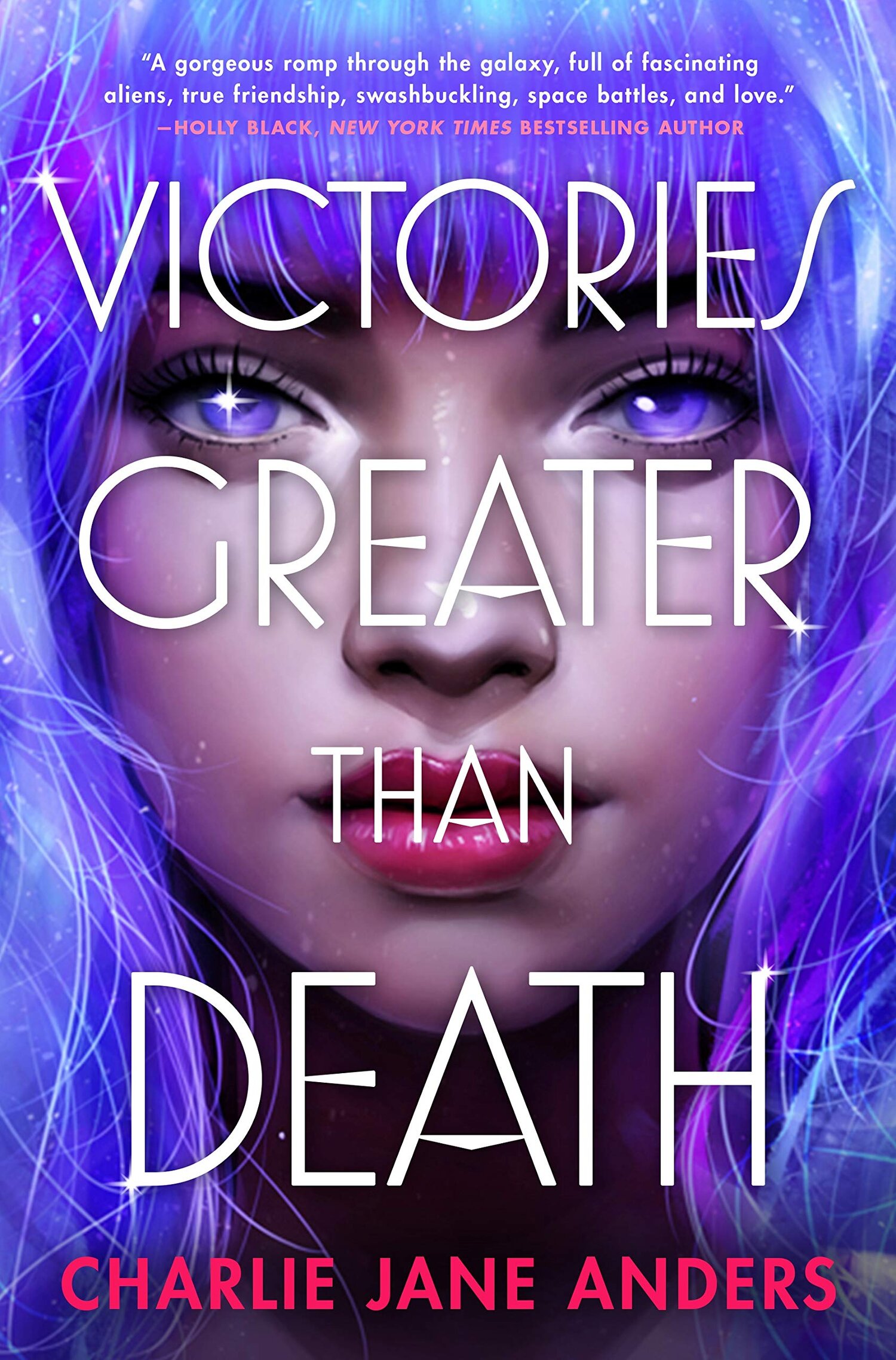
Growing up, were there any stories in which you felt touched by/ or reflected in? Are there any like that now?
As a kid, I loved big escapist stories with larger than life adventures, and I definitely wanted to be Wonder Woman when I grew up — I also loved Doctor Who for the way that the Doctor used creativity and silliness and kindness to solve problems instead of just shooting everything in sight. I also loved Monty Python and Victor/Victoria, which fed my love of anarchy and seemed to hint that gender was something you could reshape to tell your own story. The books that spoke to me were weird, surreal things like Phantom Tollbooth, A Wrinkle in Time and the works of Daniel Pinkwater. In my early teens I discovered Prince, and his music and his image changed my life.
As a writer, who or what would you say are some of your greatest creative influences and/or sources of inspiration in general?
Oh, so many. There are so many incredible authors writing right now — N.K. Jemisin’s work has changed the way I think about stories, over and over again. A whole bunch of amazing trans/non-binary authors have come along recently in speculative fiction, and their giving me life and encouraging me to take bigger swings creatively. Among others, Isaac Fellman, Ryka Aoki, Naseem Jamnia, Nino Cipri, R.B. Lemberg, Elly Bangs, April Daniels, H.E. Edgmon, Aiden Thomas and Rivers Solomon… I’m just scratching the surface. It’s a wonderful time to be a trans SFF fan.
What are some of your favorite elements of writing? What do you consider some of the most frustrating and/or challenging?
Man, I have good days and bad days, like most people. I love it when the characters are speaking through me and doing stuff that surprise me — that’s the best thing ever. And then there are the times when I know I need a scene where something happens, but I can’t come up with it to save my life. Revision is also often a nightmare, because you have to make the best of all the choices that seemed like a good idea at the time.
Aside from writing, what are some things you would want others to know about you?
I used to belong to a skipping team. My cat’s name is Marcus Aurelius Sassafras Vespasian IV, but sometimes he goes by Dr. Sassafras or just Dr. Sassy. I used to have a giant collection of Doctor Who memorabilia, but I sold it all and gave the money to charity.
What advice might you have to give for aspiring writers?
You have to be simultaneously humble and arrogant — you have to believe that your work is amazing and important and will change people’s lives, so you’ll keep going and doing the boldest and most audacious work you possibly can. But you also have to remember that there are a million other writers out there who are also doing awesome work, and that you’re part of a whole community of creative people who need to support each other. You have to be okay with tons of rejection — I racked up hundreds and hundreds of rejections when I was starting out! — and not take it personally. Also, you should totally make writing a communal activity as much as you can: join a writing group, organize writing dates with friends, share your work online, take part in open mics and other readings. Just find ways to make it a social thing.
Are there any other projects you are working on and at liberty to speak about?
I already mentioned this at the start, but I’m writing a miniseries for Marvel called New Mutants: Lethal Legion. It includes Escapade, the trans mutant superhero I created with artists Ted Brandt and Ro Stein, who has the power to trade places with anyone. The plot has to do with Escapade organizing a heist with some of her mutant friends, which (not surprisingly) goes pear-shaped. And the New Mutants are forced to face off with some of the worst villains in the Marvel Universe. It’s a super silly, heartfelt, goofy comedy miniseries about trauma and what we do to take care of the people we love.
Charlie Jane Anders is a guest this year at Flame Con on August 12th and 13th at the Times Square Sheraton.

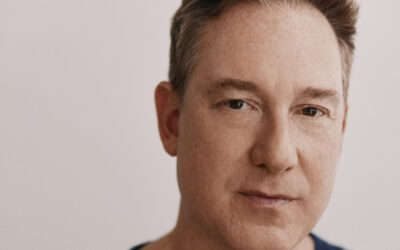
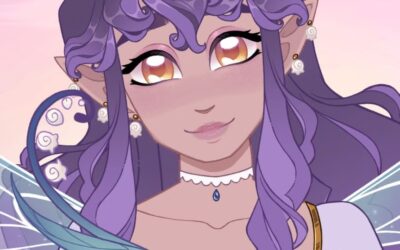
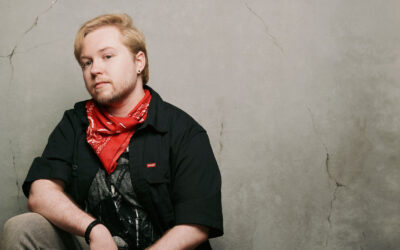
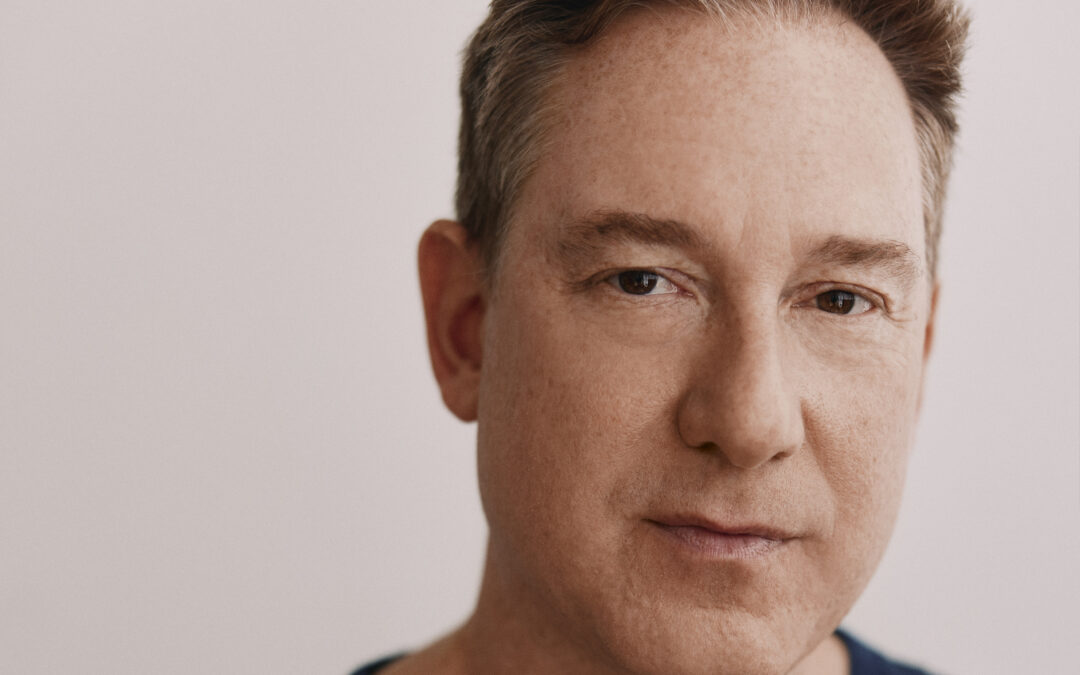
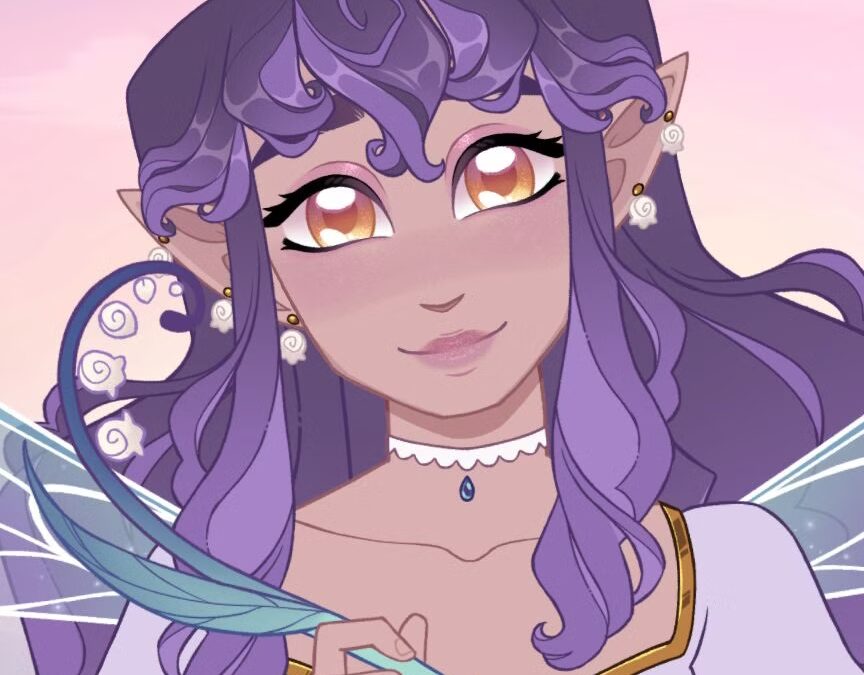
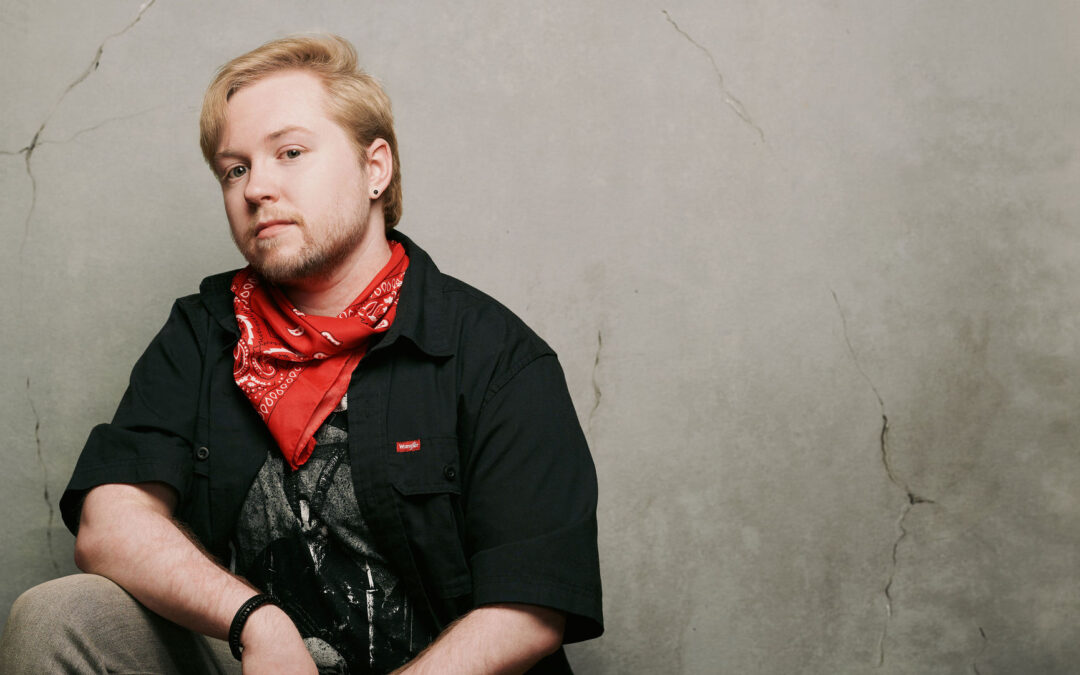
0 Comments